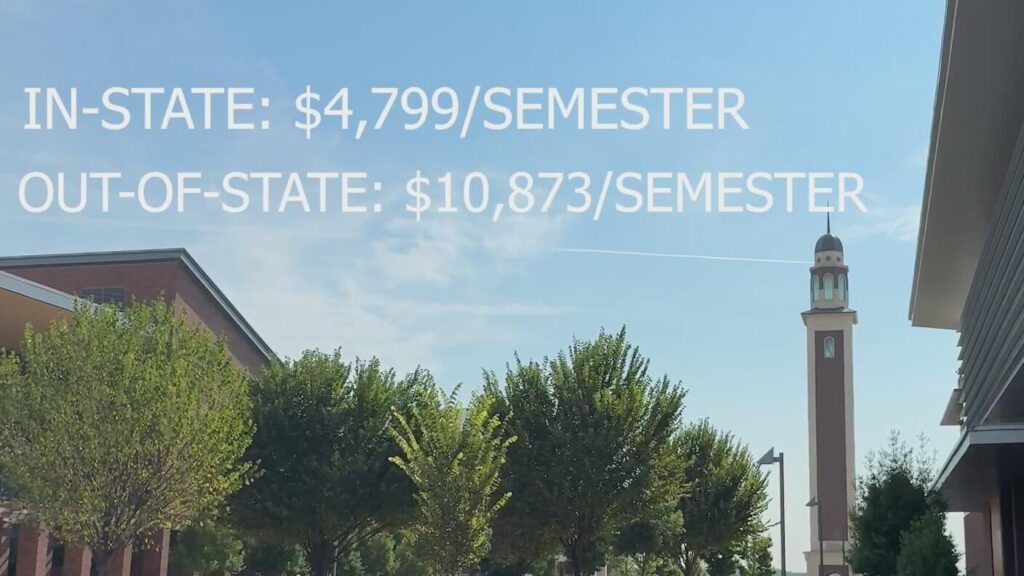North Texas College Students’ Tuition Doubles After Reversal of Texas Dream Act
The recent reversal of the Texas Dream Act has left many undocumented college students in North Texas facing significant financial burdens as they return for the new semester. As a consequence of this legal shift, these students are required to pay out-of-state tuition rates, which in some cases have more than doubled, leading to a drastic increase in educational expenses.
Sienna, a former student at the University of North Texas in Dallas, shared her experience of having to withdraw from school. After being brought to Texas as an infant, she had previously managed to remain debt-free thanks to scholarships. However, an email from the university informed her that her residency status had changed to non-resident, a revelation that left her devastated.
“My heart sank,” Sienna expressed, recalling the moment she received her new tuition bill. Previously, her in-state tuition was set at $4,799, but following the reversal, she now faced a staggering $10,873 tuition fee as a non-resident. “Everything got stripped away from me,” she lamented. “I had everything before. I had everything paid off.”
Overview of the Texas Dream Act
The Texas Dream Act, which was enacted in 2001 under Governor Rick Perry, was notably the first legislation of its kind in the United States. It allowed students who attended and graduated from Texas high schools for at least three years to qualify for in-state tuition at public institutions, benefitting numerous undocumented students.
After 24 years, however, changes brought about by a federal court ruling have brought this program to an end. Texas Attorney General Ken Paxton has indicated that the state will not be contesting this ruling, which many advocates believe will have detrimental effects on students. David Donatti, an attorney with the ACLU of Texas, emphasized that the ruling coerces educational institutions into acting as immigration agents.
“This is not a case about immigration; it’s about the rights of individuals who have lived here their entire lives and have the ability, competence, and desire to pursue education in this state,” Donatti stated, highlighting the impact on students like Sienna.
Reactions and the Future
Despite the backlash from advocates, some political figures, like Republican Rep. Mike Olcott, expressed support for the reversal. Olcott pointed out that allowing in-state tuition for undocumented students could necessitate offering the same benefits to out-of-state citizens, suggesting that fairness in educational access is not being upheld.
As a result of these developments, Sienna has transitioned to attending a community college, remaining hopeful that she will one day achieve her goal of graduating from a four-year university. The situation reflects a broader debate about educational access, equity, and immigration policy in Texas.
Summary of Impacts on Tuition
| Student Status | Tuition Rate | Change in Tuition |
|---|---|---|
| In-State Student | $4,799 | N/A |
| Non-Resident Student | $10,873 | + $6,074 |
As this issue evolves, the fate of many students hangs in the balance, prompting ongoing discussions regarding the accessibility of higher education in Texas.

